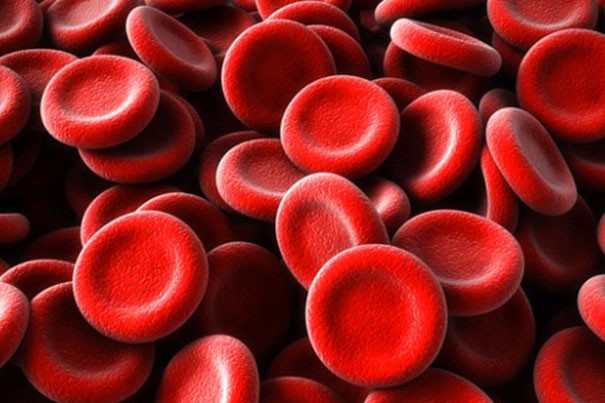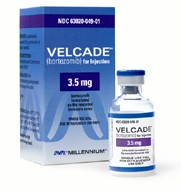
Diagnosed with Cancer? Your two greatest challenges are understanding cancer and understanding possible side effects from chemo and radiation. Knowledge is Power!
Learn about conventional, complementary, and integrative therapies.
Dealing with treatment side effects? Learn about evidence-based therapies to alleviate your symptoms.
Click the orange button to the right to learn more.
- You are here:
- Home »
- Blog »
- Newly Diagnosed »
- Multiple Myeloma Chemotherapy- Unresponsive to Conventional Therapy? (CYBORD)
Multiple Myeloma Chemotherapy- Unresponsive to Conventional Therapy? (CYBORD)

“Some phytochemicals (curcumin, resveratrol) sensitize the conventional therapies such as dexamethasone (velcade, bortezomib/velcade).”
Hi David-I’m 39yrs old and I was diagnosed with Multiple Myeloma, Oct 19, 2015. I writing you because I need some words of encouragement. I started multiple myeloma chemotherapy of
Bortezomib/Cyclophosphamide/Dexamethasone in October. Unfortunately, I did not respond. AKA, there was no change in my numbers. My Oncologist switched me to Revlimid, Dec 21, 2015.
I pray that the Revlimid and Velcade put me in remission. Did you have the stem cell transplant?
Newly Dx’ed MMer
Dear Newly Dx’ed MMer-
I am sorry to learn of your MM diagnosis. Keep in mind that your relatively young age as a multiple myeloma patient increases your prognosis.
- MM Survivor
- MM Cancer Coach
- Director PeopleBeatingCancer
Recommended Reading:
- Multiple Myeloma- If I Knew Then What I Know Now
- Pre-Myeloma, Frank Myeloma, Induction Chemo, Complete Response- What’s Next?
- Cannabidiol (CBD) as Multiple Myeloma therapy-
Anticancer Activity and Underlying Mechanism of Phytochemicals against Multiple Myeloma.
“Multiple myeloma (MM)-a common hematologic malignancy of plasma cells-accounts for substantial mortality and morbidity rates. Due to the advent of novel therapies such as immunomodulatory drugs (IMiDs), proteasome inhibitors (PIs), and monoclonal antibodies (mAbs), response rates were increased and free survival and overall survival have been elevated.
However, adverse events including toxicity, neuropathy or continuous relapse are still problems. Thus, development of novel drugs which have less side effects and more effective is needed.
Keywords related to MM and natural products were searched in PUBMED/MEDLINE. Phytochemicals have been reported to display a variety of anti-MM activities, including apoptosis, cell cycle arrest, antiangiogenesis, and miRNA modulation.
Some phytochemicals sensitize the conventional therapies such as dexamethasone. Also, there are clinical trials with phytochemicals such as agaricus, curcumin, and Neovastat regarding MM treatment.
Taken together, this review elucidated and categorized the evidences that natural products and their bioactive compounds could be potent drugs in treating MM.”
Resveratrol inhibits proliferation, migration and invasion of multiple myeloma cells via NEAT1-mediated Wnt/β-catenin signaling pathway.
“Results- lncRNA NEAT1 was highly expressed in MM cells, which could be significantly inhibited by resveratrol. NEAT1 overexpression induced proliferation, migration and invasion of MM cells, while resveratrol counteracted its effect. NEAT1 upregulated protein expression in the Wnt/β-catenin signaling pathway, while resveratrol reversed the negative effect of NEAT1 overexpression on MM cells through the Wnt/β-catenin signaling pathway, and hence suppressed MM cell reproduction, migration and invasion. Resveratrol could also restrain unfolded protein response in MM cells.
CONCLUSION: Resveratrol downregulated the expression of lncRNA NEAT1 in MM cells and inhibited proliferation, migration and invasion of MM cells by suppressing the Wnt/β-catenin signaling pathway and unfolded protein response.”


